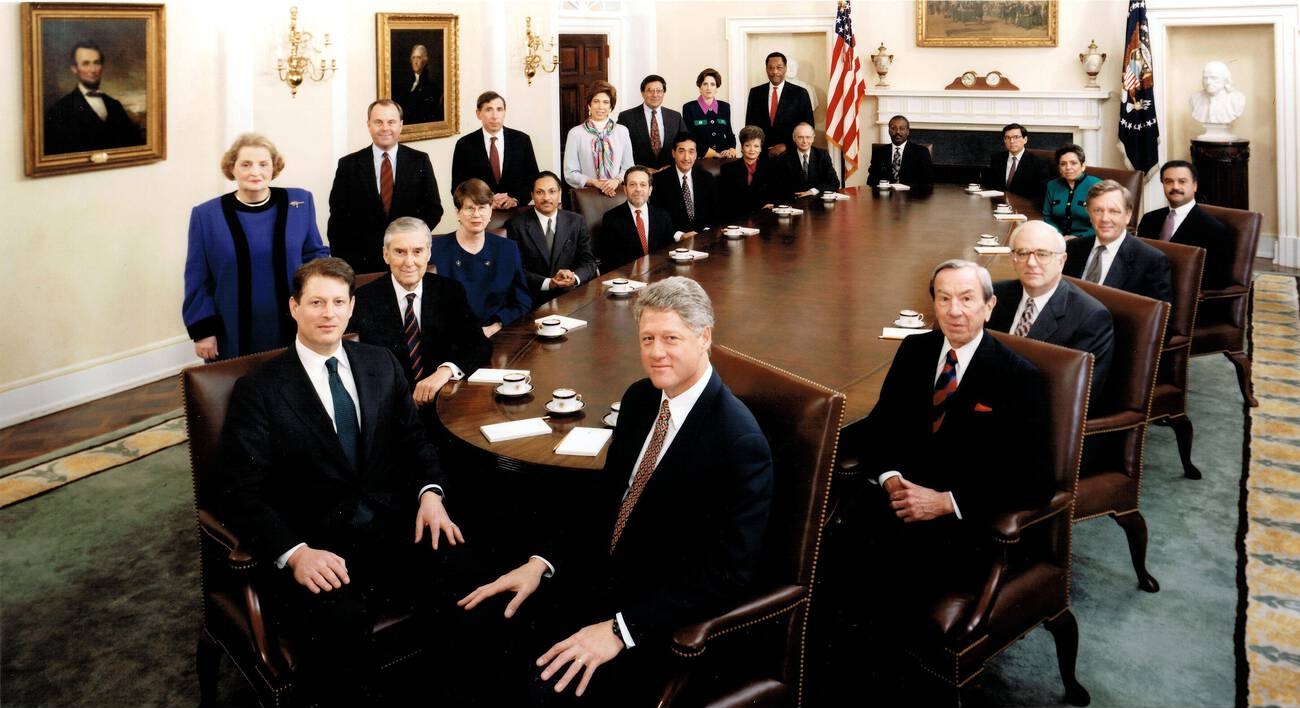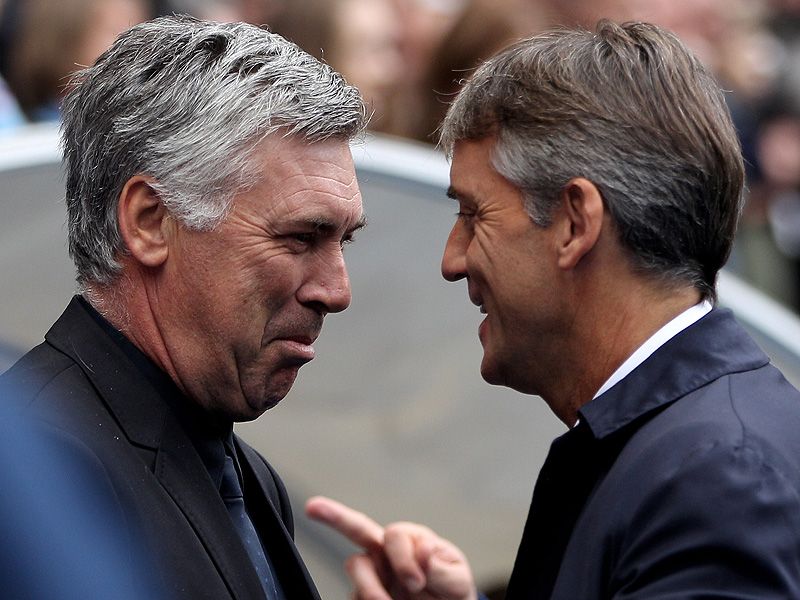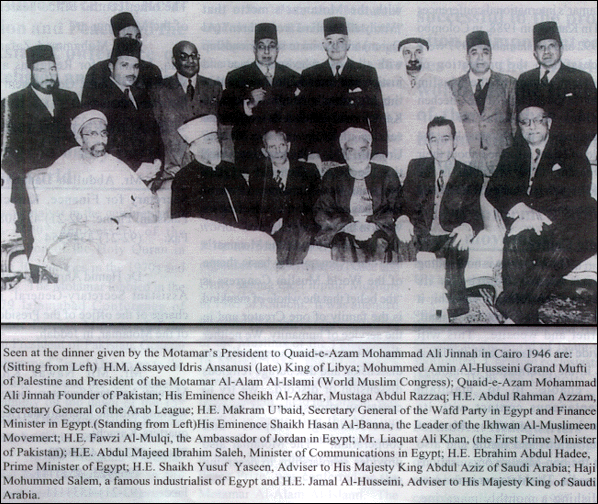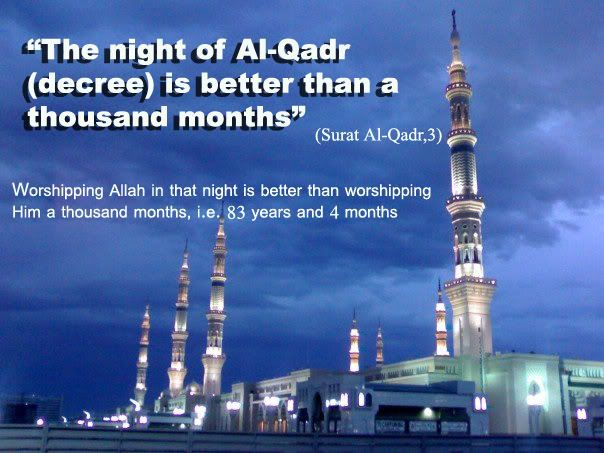 On
On The most important action was the unification of the Legislative Assembly (south) with 90 members; and the Legislative council (North) with 33 members into a unicameral National Assembly with a total of 123 deputies. At the time, the joy of having a united independent Somali nation was bigger than anything else. Everything else was shelved for future considerations. That included the ratification of the country’s constitution.
The first business of the National Assembly was to “select” a Provisional President of the new Republic. The deputies unanimously agreed the Speaker of the Parliament, fifty-two year old deputy from Belet-weyn, Honourable Aden Abdullah Osman popularly known as Adan Cadde, to lead the nation for one year. Adan Cadde was a veteran politician and an early member of the Somali Youth League - the majority party in the National Assembly.
Under a year later, the new constitution was completed by a Somali committee with the help of UN experts. A date was set on June 20, 1961 to put the constitution on a referendum throughout the country. An absolute majority of 1,952,662 or over 90 percent of the electors voted in favour of the new constitution. The referendum had another important significance: It exposed the long-held doubt of the colonial population census of the Somali people estimated at only 2.5 million.
As a republic, Somalia
On election the President takes residence in Villa Somalia, an uphill beautiful mansion overlooking the Indian Ocean . It was formerly the residences of the British Military Administrator of Somaliland in the forties, and in the fifties, the Italian Administrator of the United Nations Trust Territory of Somaliland.
The constitution approved, it remained for Parliament to convert the Provisional Government into a permanent legal form. The most urgent aspect of the business of Parliament was to elect the President of the Somali Republic July 6, 1961 – nearly a week after the July 1st Independence
The constitution clearly states the qualifications and the way the President of the Republic is to be elected. Any Somali citizen who has attained the age of forty years with original Somali parents can run for the office of the President of the Somali Republic
In an extraordinary session, the ruling Somali Youth League party Central Committee, officially nominated Adan Cadde as their candidate. The next day a deputy also from Belet-weyn, Honourable Sheikh Ali Jiumale Barale declared his interest in the office of the President of the Somali Republic
It was the first ever Presidential election in Somali history and the local media played with fanfare the Adan Cadde – Sheikh Ali Juimale rivalry. The media also fairly covered the programme and the biography of both candidates. Actually there was no conflict over ideological or political issues, domestic or international as both men were from the SYL party; there was no clan rivalry involved as both candidates were from the same clan-family. It seemed there was bitter personal rivalry between the two men.
Both men vied for the voter-rich constituencies of Banadir with 18 members, Upper Jubba 22 members and the two Northern Regions with 33 members. The SYL party establishment and the Central Committee supported the elder Adan Cadde. But he was not without a weakness.
The Northern Issaq clan-family with 22 members in the National Assembly, had grievances towards Adan Cadde for not selecting Mohamed Haji Ibrahim Egal as Prime Minister. That decision left a scar and had had a long term effect in his political career. It had become a vulnerable area where future rivals could easily point out.
A shrewd politician, Sheikh Ali Jiumale immediately manipulated the Achilles’ heal of Adan Cadde. Convinced that he could not muster enough support in the south, he reached out to the Northern voters. If elected President, he promised to select Egal as the next Prime Minister.
The capital has seen little sleep the night before. Coffee shops and other gathering places were filled with political agitators spreading the latest rumours. Who got what and how much money is involved. Even one story had it that the Defence chief of staff, General Daud, will stage a coup and take over the Government.
sharp the loudspeakers announced that the Speaker of the Parliament is seated. The two candidates are present and the time has come to start the election. The whole Piazza fell into dead silence. As was the custom, the opening ceremony started with the reciting of the Qur’an. The speaker shouted the roll call to find out who was present. Of the 123 members, there were 121 members present. To the disappointment of Sheikh Ali Juimale, two Northern members were absent. The Speaker cautioned the house and reminded all members the importance of respecting the voting rules and the regulations.
The members set out to cast their ballots:
1st ballot: 60-60 a draw. The speaker withheld his vote.
2nd ballot: 60-61 in favour of Sheikh Ali Jiumale. The speaker casted his vote in the second ballot.
Since no candidate accumulated the required two-thirds majority a third ballot is needed.
3rd ballot: 62-59 in favour of Adan Cadde!
Two voters changed sides and tipped off the balance. Since the vote was secret and personal, no body knew who these members were. There were a lot of rumours about the identity of these two members but the real story will never be known. The most important thing is that Somali Democracy has been tested for the first time. An American journalist likened the 1961 Somali Presidential election to that of the 1960 U.S.
Source;
http://www.hiiraan.com/op2/2010/sept/the_somali_republic_1961_presidential_election_a_test_of_democracy.aspx
Source;
http://www.hiiraan.com/op2/2010/sept/the_somali_republic_1961_presidential_election_a_test_of_democracy.aspx











